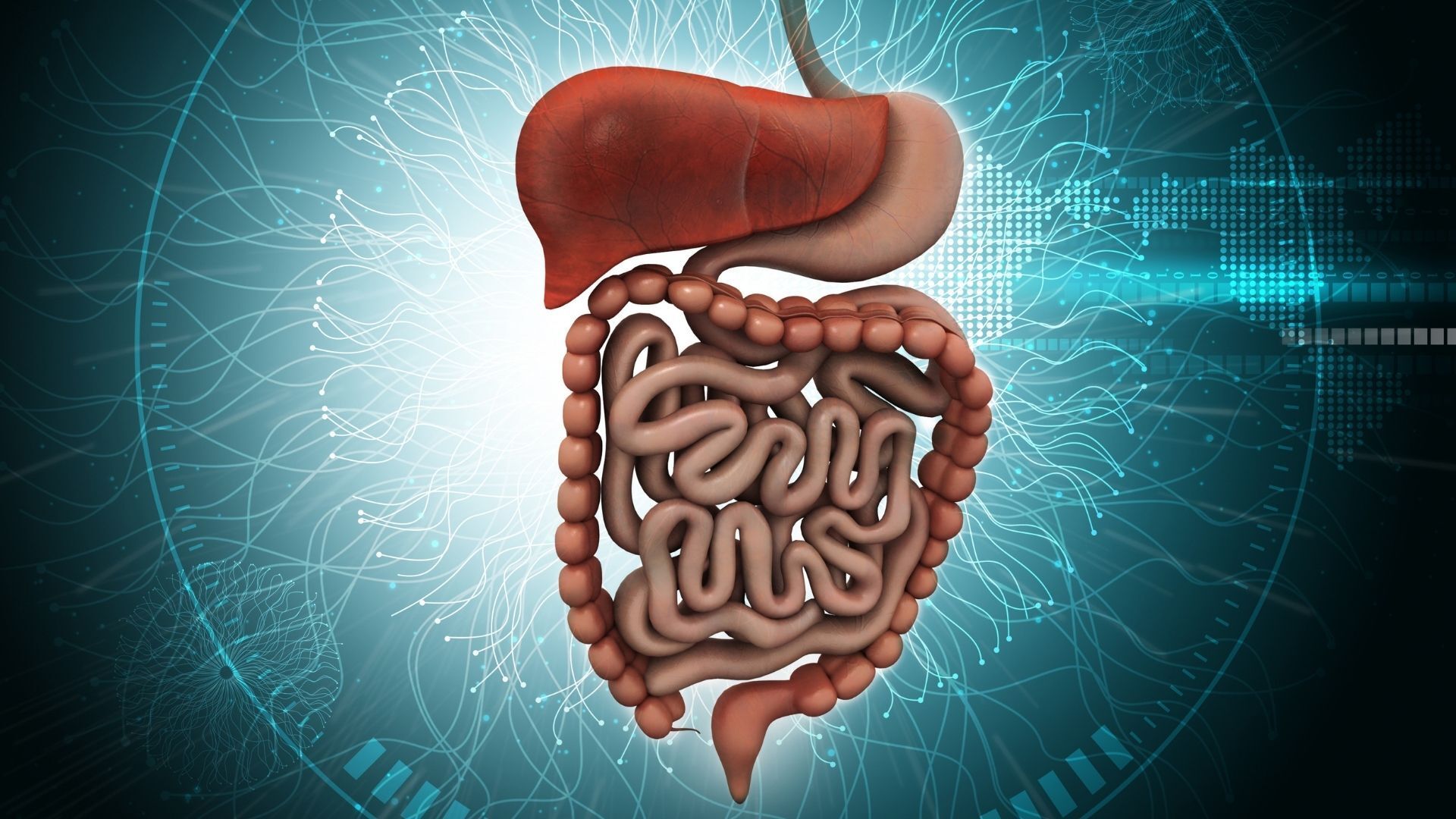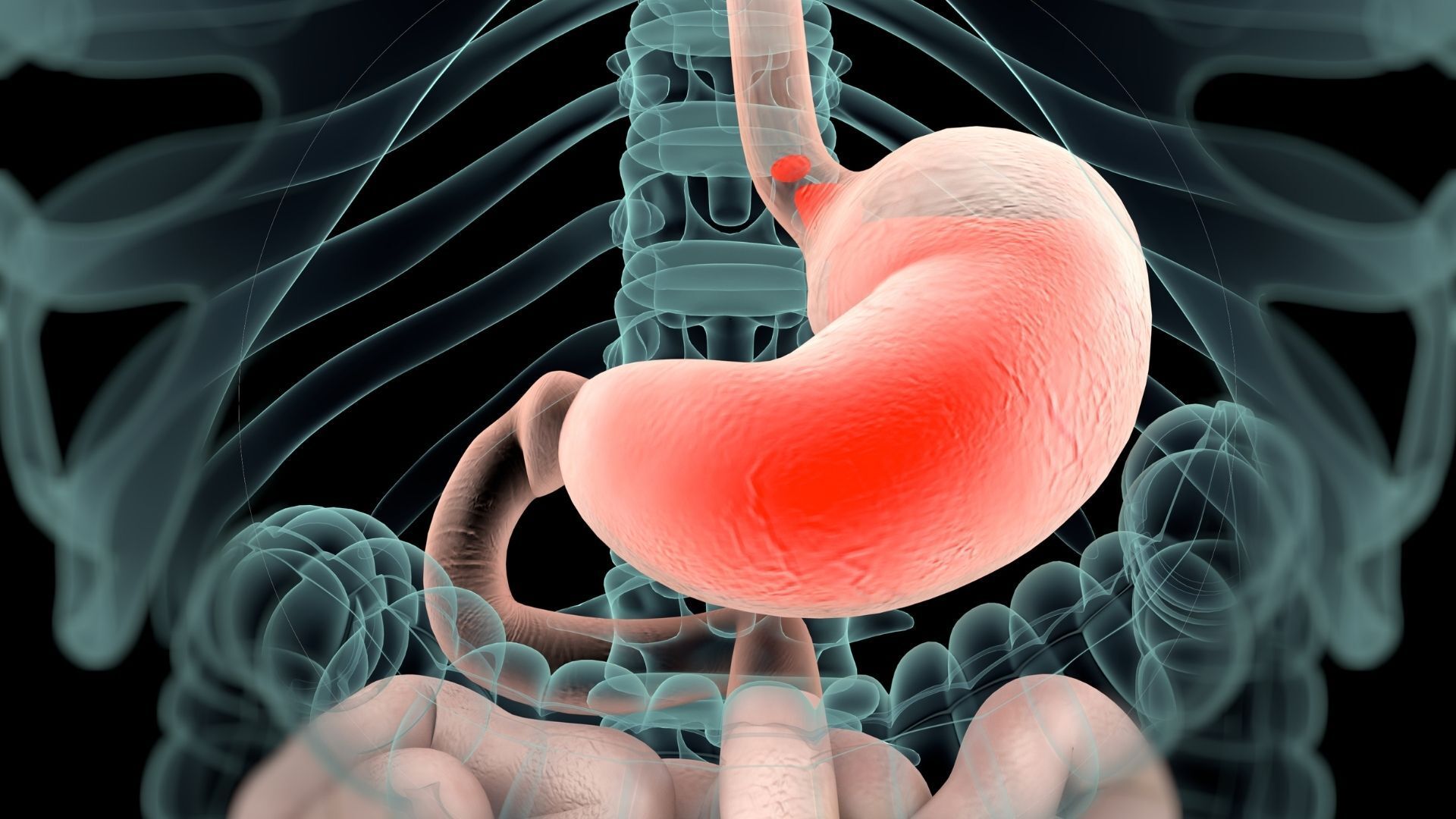GERD - Part 2
GERD - Part 2
“All disease starts in the gut.” ~ Hippocrates (the father of Medicine)
Adjunctive treatment
You can try Marshmallow root extract as an adjunct or substitute. One dropperful coats the tissues of the esophagus for protection. You can use up to 4 dropperfuls a day. No known side effects found. It may or may not work for you.
Question: What are the common treatments for GERD and how do they work?
Answer: Here are some common treatments.
- Antacids
- H2 receptor Blockers
- PPI drugs which are Proton pump inhibitors. They work by blocking the pumping of acid into the stomach and change the PH of the stomach to alkaline like Nexium. Other over-the-counter medicine like Zantac block the receptors for acid in the stomach or antacids like Tums are also alkalizing.
Question: Is there anything else important for me to know about GERD?
Answer: Two important pieces of information to consider.
- If you have been self-medicating for a long time which means months or years with PPI’s you it may not be wise to just stop them. A reaction that is common is Hyper-acidity Rebound. This is simply that the body has been trained overtime to try and override the medicine by producing more acid in the stomach. This overproduction of acid does not stop suddenly when you stop the medicine you have been taking. The body needs time to get the message to stop the flow of acid. So it is very important to gradually wean off the medicine. Talk to your doctor about a sensible tapering schedule and you might combine the tapering with the gentle use of marshmallow root extract for extra protection as your body adjusts.
- As with any treatment it is important to discuss with your doctor the risks and benefits of any treatment. Most of these medicines for GERD were intended to be 6-8 week treatments and then stopped and the underlying causes assessed and addressed as part of the treatment. But because these medicines have gone over the counter, people often extend their treatment by self-medicating. It is not always apparent to your doctor what you are taking over the counter. It is important to work in partnership with your doctor or provider and express the willingness to do what it takes to keep yourself healthy. It is important to know that OTC medicines used improperly can have long term unintended effects.
What are the long term effects of PPis’ over time?
Answer: There are several long term effects.
- Because they work to decrease the acidity of the stomach while taking these medicines, your ability to absorb vitamins, minerals and break down proteins will be lessened. If taken continuously for years Osteopenia and/or osteoporosis can develop as you need to absorb many minerals to keep bones healthy and your risk for fraction could theoretically increase.
- Watch for B 12 deficiency, Fe deficiency which can lead to anemia, and fatigue.
- Risk of infections are increased in a continual alkaline environment since one of the first lines of defense is your stomach acidity. As this is altered this natural function in your body is less effective.
- For example if you have a bleeding ulcer proton pump inhibitor medicines like Nexium or Omeprazole can be helpful in healing this condition and would probably do so within 2 months of treatment.

Read Part II
This is only Part 2 of this article. If you did not read Part 1, please click on the blog, "GERD - Part 1". Enjoy!






